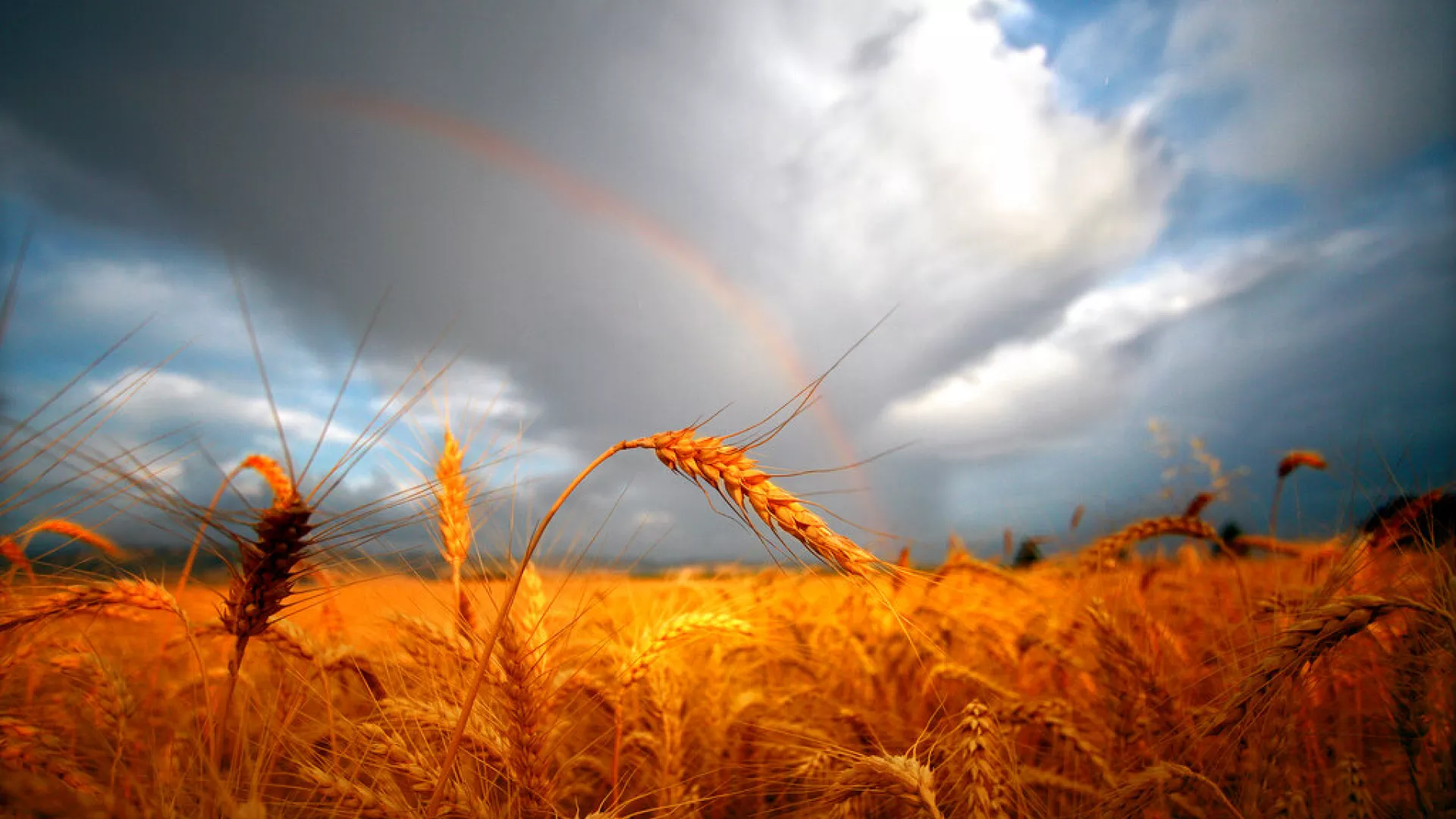
Climate change could turn up the heat on inflation, according to report

Rising temperatures and extreme weather events are expected to have a global impact on agriculture.
Increased average temperatures could drive up annual food inflation by up to 3.2% per year and overall inflation by up to 1.18% per year by 2035, according to a fresh study by the Potsdam Institute for Climate Impact Research (PIK).
In the study, the scientists looked at how climate factors such as high temperatures and extreme rainfall have affected inflation in historical data, but they did not take a separate look at which food items were likely to be most affected.
"Looking at over 27,000 observations of historical data, we found that increases in temperatures can increase food prices, particularly in hot regions and seasons," said Dr Max Kotz, one of the authors of the study.
"Under future climate conditions, these impacts could become large, approximately 1-3% points per year on food inflation by 2035, threatening the price stability mandates of central banks such as the ECB which aims to keep inflation below 2%."
Meanwhile, headline inflation could be driven up by 0.32-1.18% points every year on average globally, the study found.
Rising or unstable prices threatened economic and human welfare as well as political stability, the report noted, citing that the 2021-2022 cost of living crisis pushed an additional 71 million people into poverty across the world, according to the UN.
Climate-driven inflation affects rich and poor countries alike
Food inflation and headline inflation are expected to be affected by global warming in both higher- and lower-income countries.
Inflation goes up when temperatures rise, and it does so most strongly in summer and in hot regions at lower latitudes, where it will persist all year long. For this reason, the global south, especially Africa and South America, will be more affected, according to the study.
Meanwhile, at high latitudes, there is a strong seasonality, peaking in summer.
According to the report, a 1 degree Celsius increase in the average monthly temperature has an impact on prices for up to a year, just like excess rain, but the impacts on prices are only short-lived when they stem from excess drought.
The study took a close look at the extremely hot European summer of 2022, when heat and drought had a wide-spread impact on agriculture and the economy.
"We estimate that the 2022 summer heat extreme increased food inflation in Europe by about 0.6%. Future warming projected for 2035 would amplify the impacts of such extremes by up to 50%," added Kotz.
More News
Importance of Governance Pillar in your ESG Journey
Governance is the backbone of ESG, often overlooked but essential for ensuring t...
ESG Ratings for Indian SMEs: A Path to Growth, Investment and Competitive Advantage
This blog explores why ESG ratings are becoming essential for Indian MSMEs, high...
Redefining Waste: How the Circular Economy Transforms Trash into Value
The circular economy transforms waste into valuable resources by shifting away f...
Sustainable Investing: The Future of Finance and Impact
Sustainable investing integrates environmental, social, and governance (ESG) fac...
Understanding ESG Ratings
ESG ratings assess a company's environmental, social, and governance performance...


